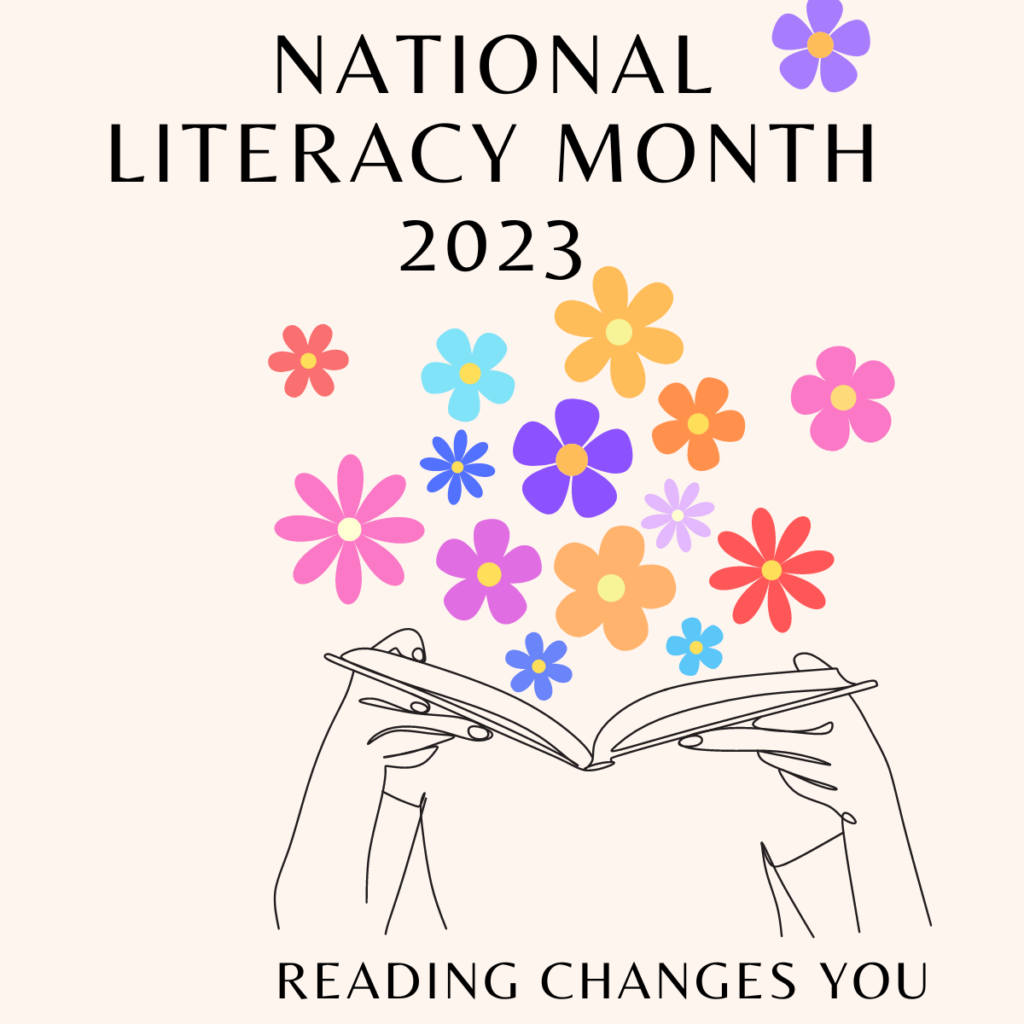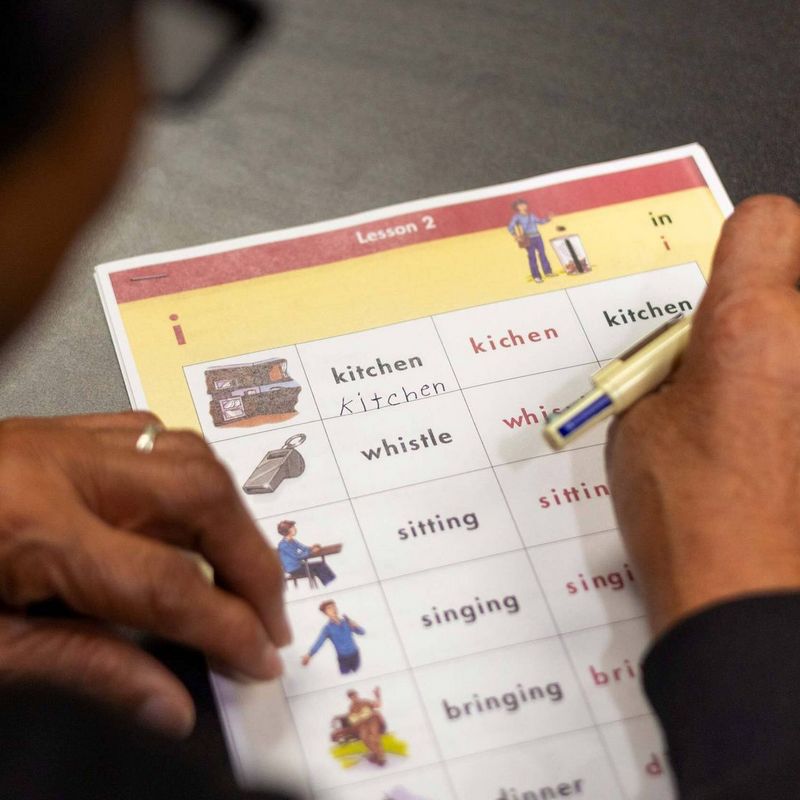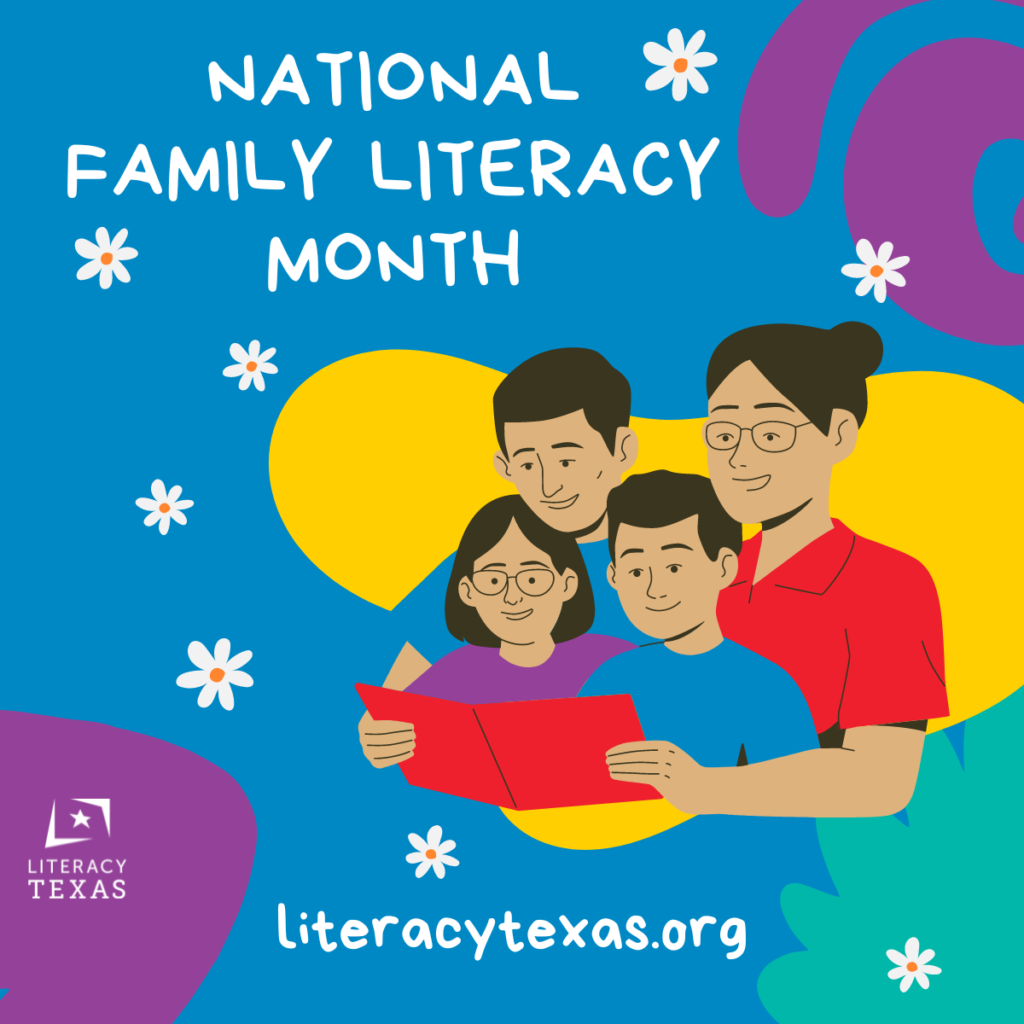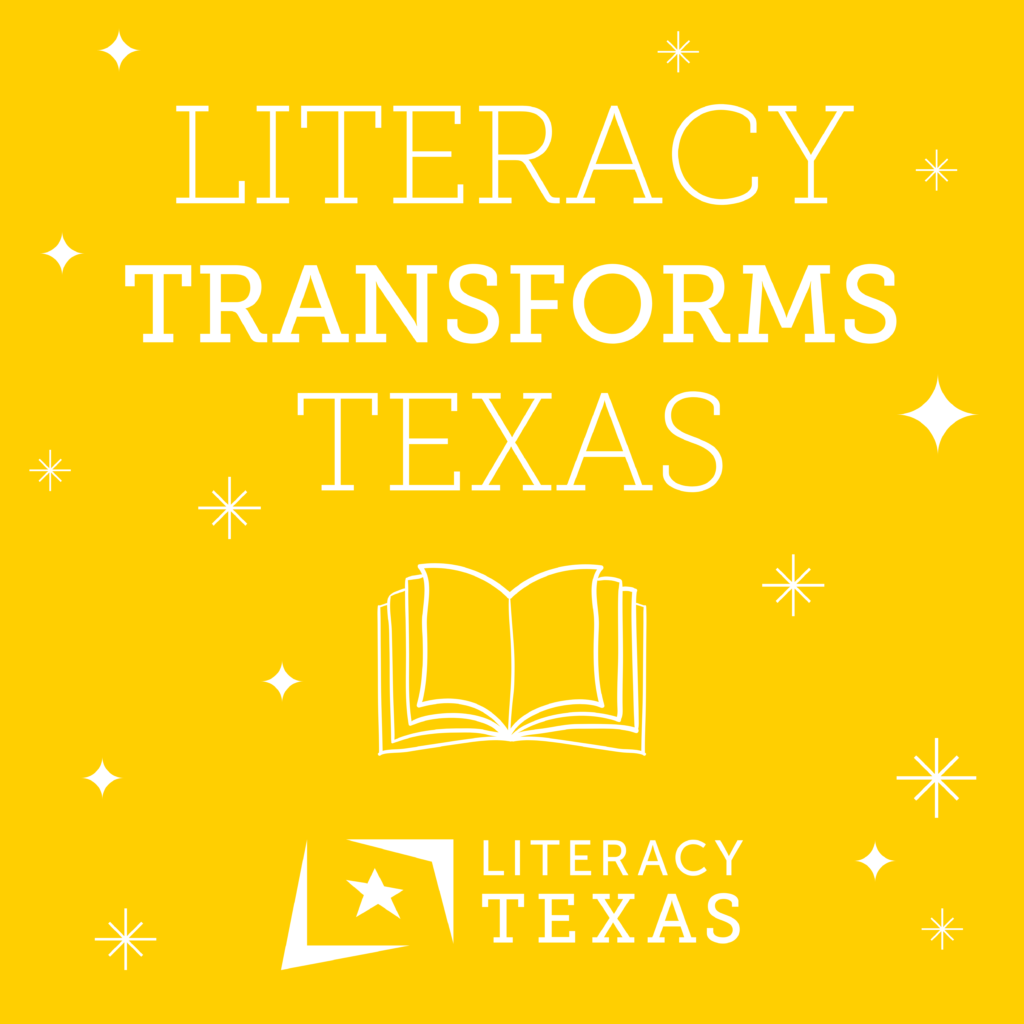
Author: Dr. Jenny McCormack Walker, Literacy Texas Executive Director
When I have the opportunity to talk with adult learners, I always ask about their “why.” They usually tell me it’s so that they can provide a better life for their children. These men and women are putting in hard work to forge a new pathway for the next generation. I understand that all too well.
During my senior year of high school, I took two dual credit classes at a local community college. The success I found that semester gave me the confidence I needed to believe that maybe I was capable of earning a degree. Maybe my career options did not have to be limited by unstable life circumstances, and maybe my future children would not face the same challenges generational poverty brought my way. Those two simple classes provided the foundation I needed to ultimately earn three degrees, build a beautiful career in education, and provide a stable life that has allowed my children to have opportunities I never imagined.

My daughter, Ryan Kate, graduated last spring as one of 19 students from her high school who simultaneously earned a diploma and an associate’s degree from our local community college – the same college where I took those two classes years ago. She transferred 60 credit hours to a four-year university, and at only 17, she was already halfway through a Bachelor of Science degree in nursing.
Watching my daughter walk across that stage with so much confidence was not only a pride point for me as her mother, but it also was significant for me as a first-generation college student. I was proud of her, but I was proud of me too. She is my wildest dream come true, and I pray the adult learners we serve get to have a day like that.
In the daily grind of lesson plans, instruction, and assessments, it’s easy to forget the incredible power of adult literacy. We may see the immediate impact of this work when our students reach their goals, but I believe the biggest mark we could ever make will reveal itself long after we have hung up our teacher hats. Our greatest success will come when the children and grandchildren of our current students reap the benefits of their parents’ success. What an honor we have to open the doors for them!
Our theme throughout November is Family Literacy, and we’re focusing on related topics throughout the month. Find general resources here, and plan to join us at Best of Texas: Family Literacy on November 21.
Get Texas literacy updates
Join our mailing list so you don’t miss any news:
- Local and national literacy news
- Conference updates
- Regional symposia
- Best of Texas
- Advocacy
- …more!












